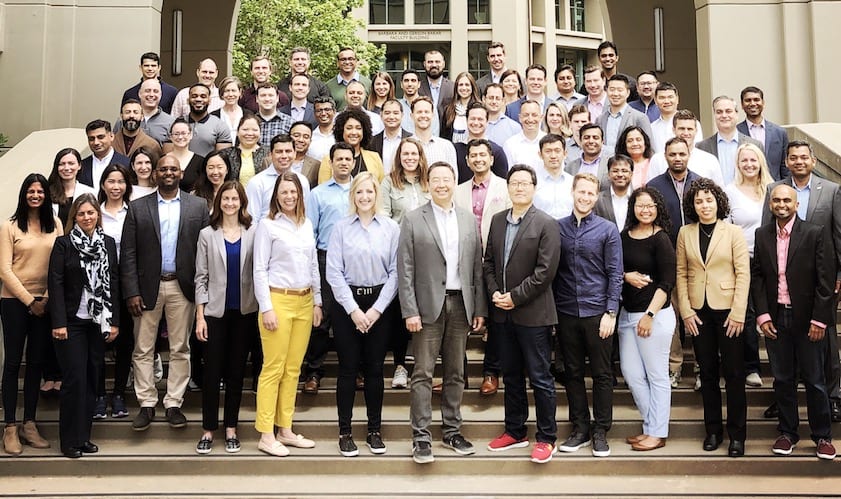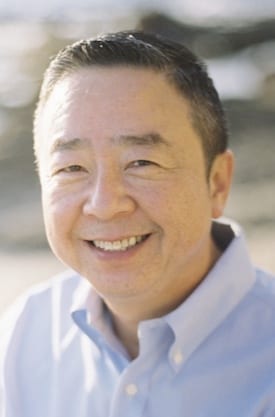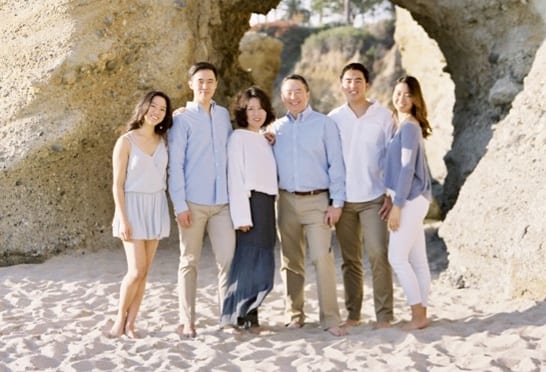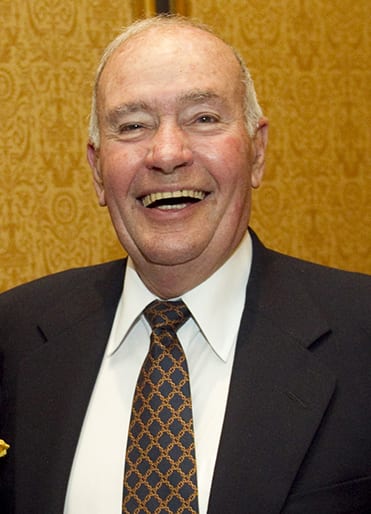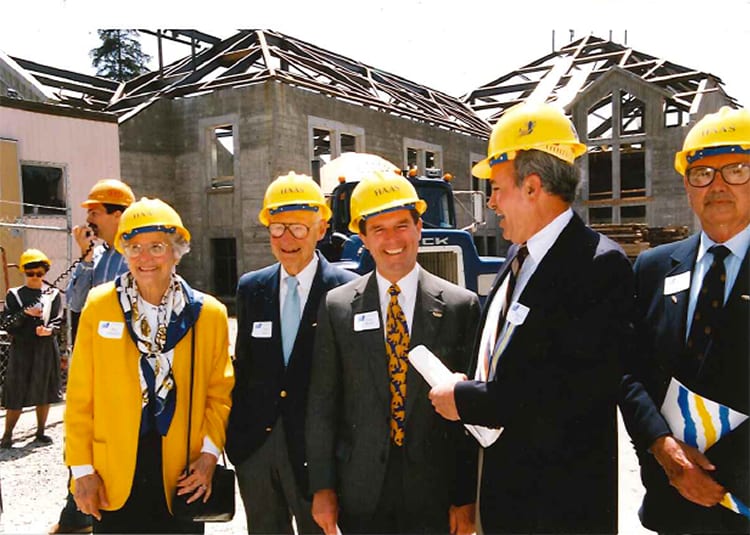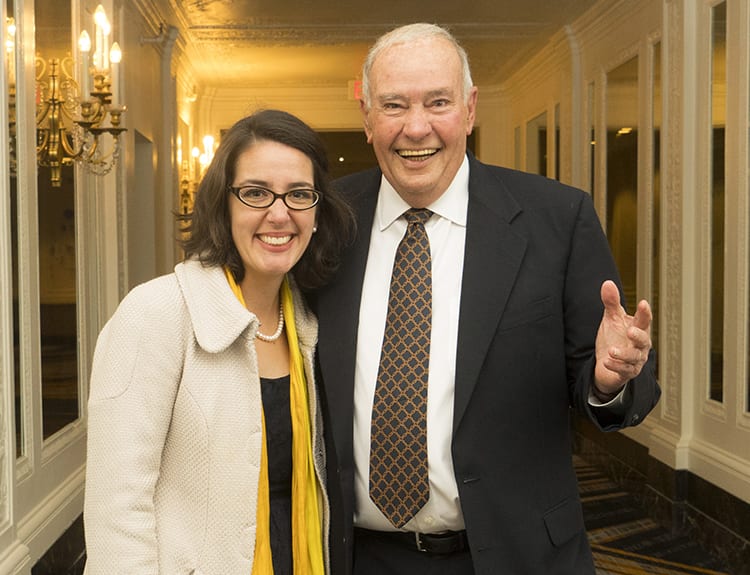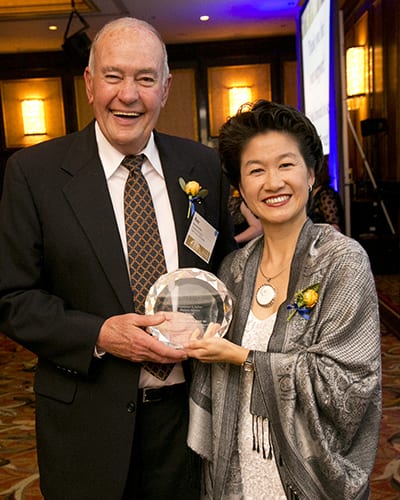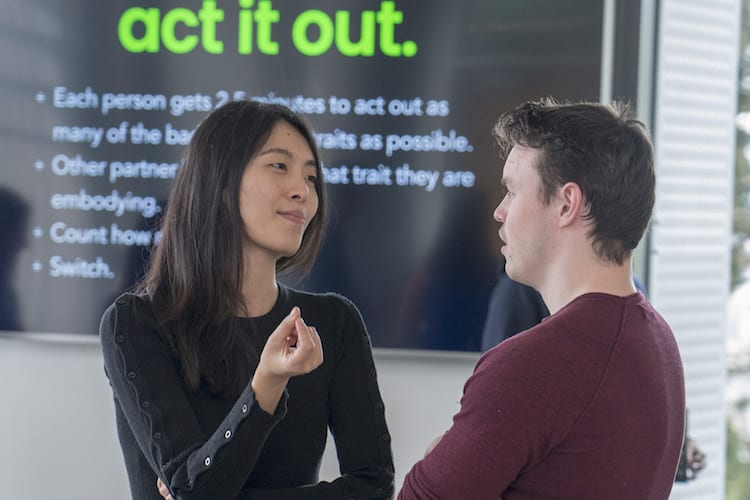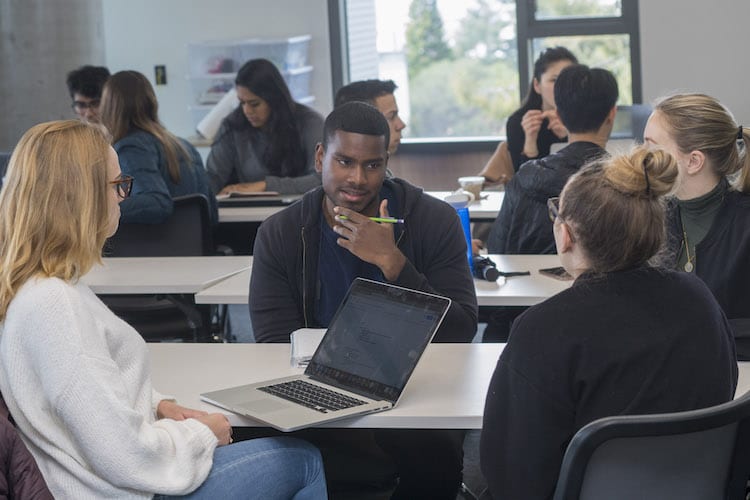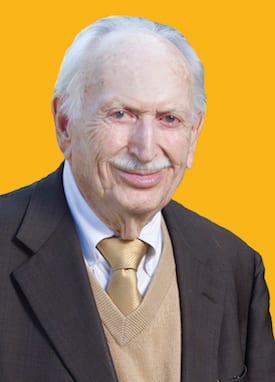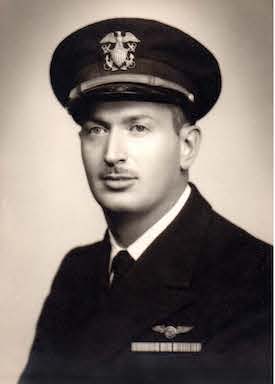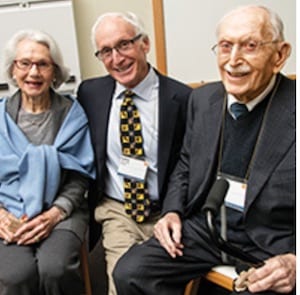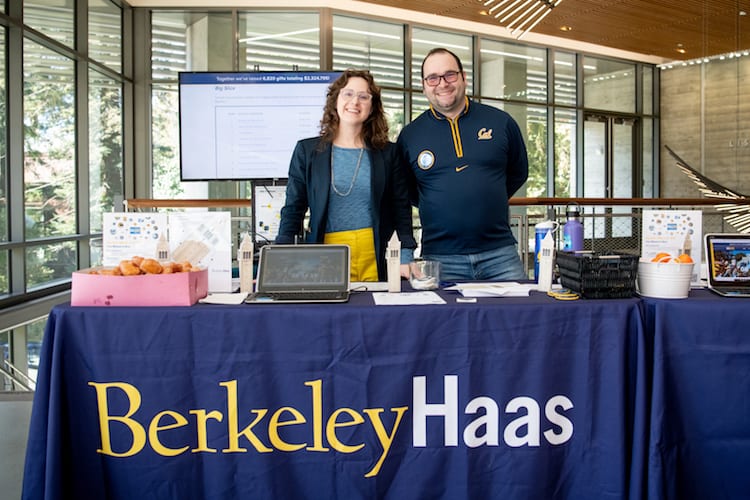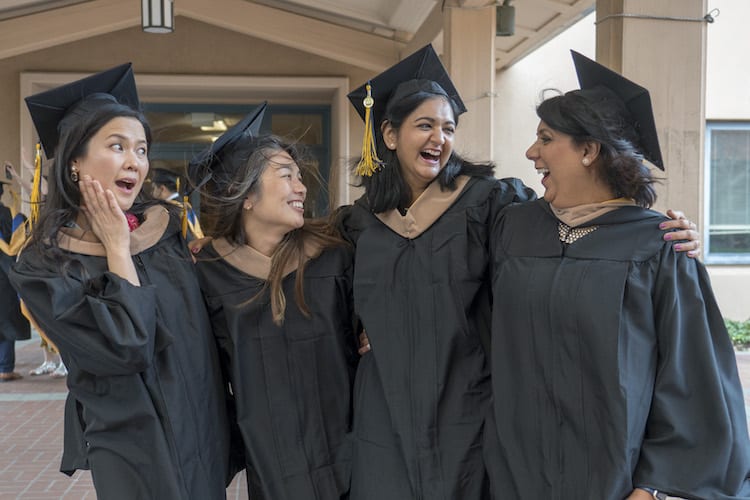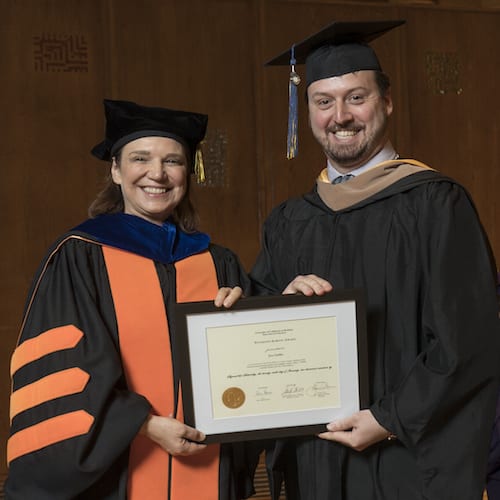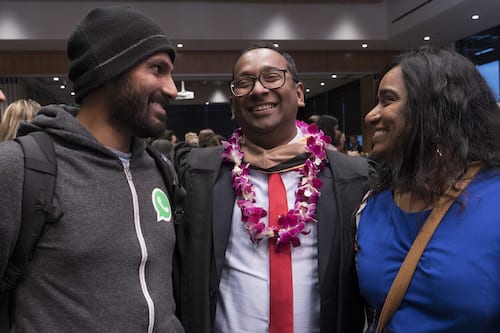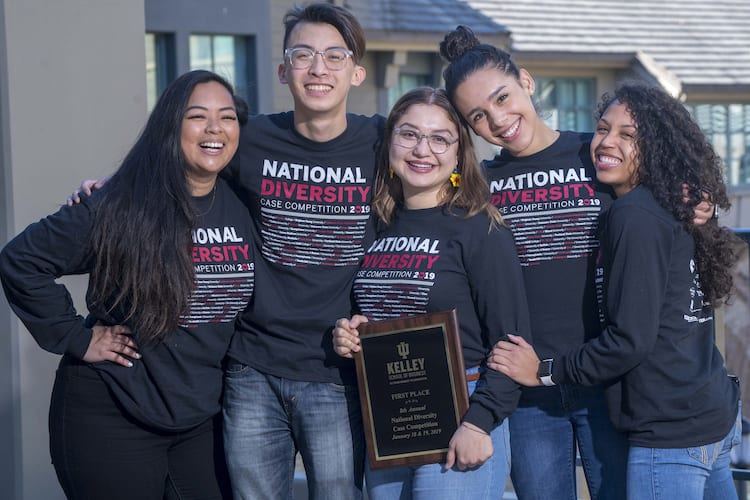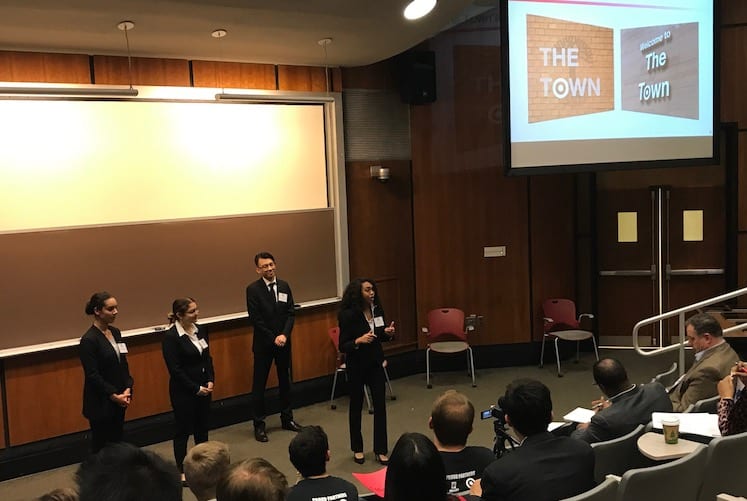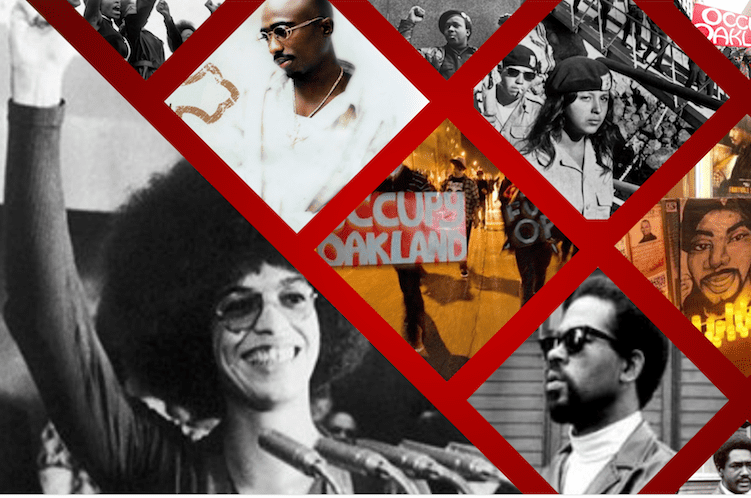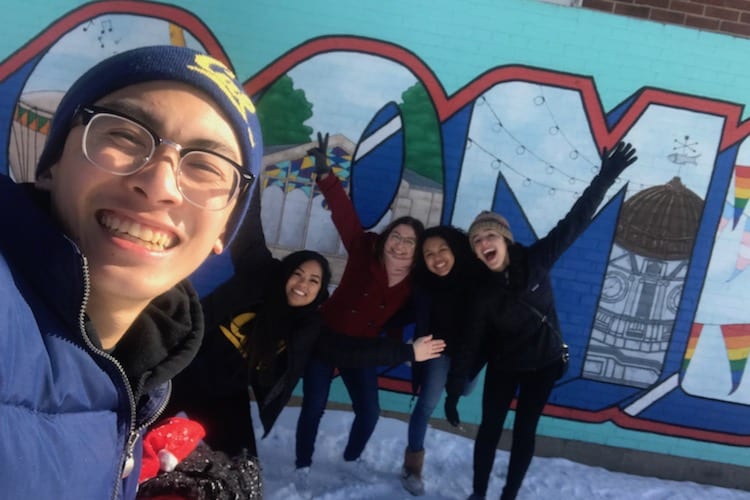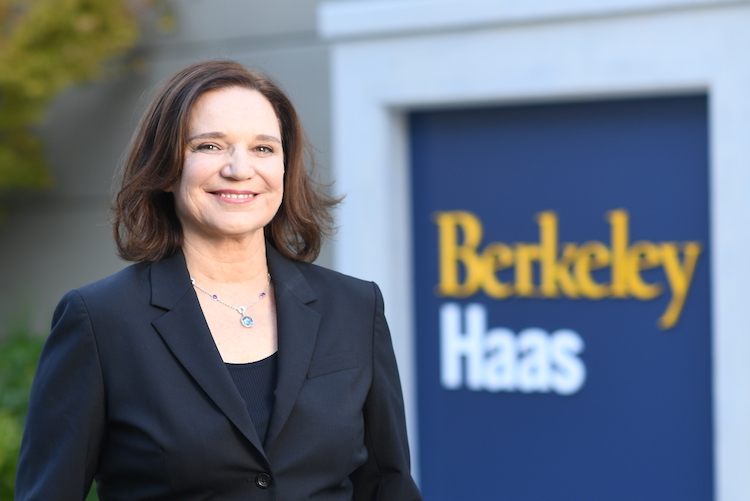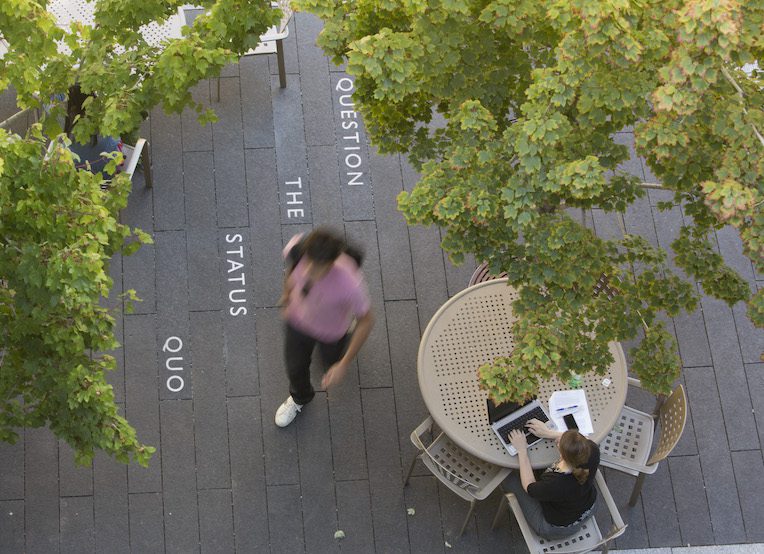
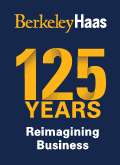 Berkeley Haas this month is kicking off its anniversary celebration of 125 years of reimagining business. The festivities commemorate a significant milestone in the school’s history as a leader in advancing management education, corporate responsibility, innovation, and entrepreneurship.
Berkeley Haas this month is kicking off its anniversary celebration of 125 years of reimagining business. The festivities commemorate a significant milestone in the school’s history as a leader in advancing management education, corporate responsibility, innovation, and entrepreneurship.
Founded in 1898 as the College of Commerce with just three students, Haas has expanded to nearly 3,000 students across six programs, all of which rank in the top 10 and boast a world-renowned global faculty. Haas has 44,000 living alumni worldwide, spanning more than 20,000 organizations in 81 countries.
“A 125th anniversary is a remarkable achievement for any business school, especially given the immense changes that business and business education have gone through,” said Berkeley Haas Dean Ann E. Harrison. “As the world’s number one mission-driven business school, we take pride in developing innovative business leaders who consider the long-term impact of their actions—and increasingly, that requires a lens for sustainability and inclusion.”
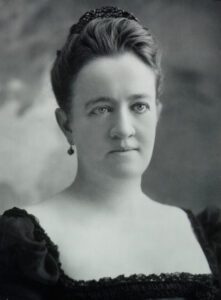
Haas has always been a pioneer. It is the first business school founded at a public university, and the second-oldest in the U.S. It is the only leading business school to be founded by a woman, Cora Jane Flood.
It’s also the first top business school to be led by two female deans, Professor Laura Tyson (1998–2001 and 2018), and Harrison (since 2019).
And from the start, the school has had a distinctive culture.
That culture was formally codified in 2010, when the school unveiled its Defining Leadership Principles (DLPs): Question the Status Quo, Confidence without Attitude, Students Always, and Beyond Yourself. Shepherded by then-Dean Rich Lyons and anchored by the organizational culture research of Professor Jennifer Chatman, the DLPs are a source of pride for the community—and a competitive advantage.
Senior Assistant Dean Courtney Chandler, Haas’s Chief Strategy and Operating Officer, described the principles as much more than mere aspirations or platitudes. They are, rather, aligned tightly with the school’s strategy. “Powerful leaders think about culture all the time,” Chandler said. “If done well, everything relates back to the culture, from how we set priorities to how we get buy-in from people to how we show up as a community.”
“Powerful leaders think about culture all the time. If done well, everything relates back to the culture, from how we set priorities to how we get buy-in from people to how we show up as a community.” — Senior Assistant Dean Courtney Chandler, BA 90, MBA 96.
Life-changing Research
The Haas legacy includes generations of researchers and teachers who have changed how industry leaders think and do business. That legacy includes two Nobel laureates. The late John Harsanyi won the Nobel Memorial Prize in Economic Sciences in 1994—along with John Nash from Princeton University and Reinhard Selten from Bonn, Germany—for advancing the study of game theory, and in particular, how parties act in negotiations with incomplete information.
The late Oliver Williamson became the school’s second Nobel laureate—along with Elinor Ostrom of Indiana University—in 2009 for bringing together economics, organization theory, and contract law to invent the field of transaction cost economics, fundamentally reshaping understanding of how firms operate in the marketplace.
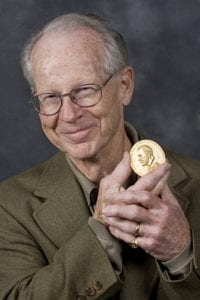
Many other Haas faculty members have ushered new ideas into the world, including Henry Chesbrough, PhD 97, who created the novel theory of Open Innovation; and David Aaker, the father of modern branding, who defined brand equity and the idea of the brand portfolio.
Professor David Teece established his groundbreaking theories of dynamic capabilities in 1997; and Ikujiro Nonaka, MBA 68, PhD 72, a knowledge management expert, envisioned knowledge as a living and breathing entity that must be shared among workers to reach its full potential.
Finance Professor Ulrike Malmendier, who researches how individual biases affect corporate decisions, stock prices, and markets, illuminated many ways in which human psychology and systematic biases influence economic behavior. For her work, Malmendier won the prestigious 2013 Fischer Black Prize.
Women at Haas have also made pioneering contributions as visionary leaders—since Mary Dickson became the first woman to get a degree from the school in 1906. Professor and former Dean Laura Tyson served on President Clinton’s cabinet, and was also the first woman to chair the Council of Economic Advisers and direct the National Economic Council.
Professor Emeritus Janet Yellen, who taught macroeconomics at Haas for 25 years, is now the first woman to serve as U.S. Secretary of the Treasury and was the first to chair the Federal Reserve.
Accelerating Innovation
Berkeley Haas has also been a hub of innovation and a launching ground for entrepreneurs over the years. In 2022, for the fourth straight year, UC Berkeley was named the nation’s best public university for startup founders, and the second-best university among both private and public schools, according to Pitchbook’s annual ranking.
In 2022, for the fourth straight year, UC Berkeley was named the nation’s best public university for startup founders
In 1970, six years before Apple Computer was founded, Dean Richard Holton taught one of the country’s first entrepreneurship classes at Haas with Leo Helzel, MBA 68. Lecturer Steve Blank took the teaching of entrepreneurship in a cutting-edge new direction in 2011 with his Lean LaunchPad method. Blank taught students to build a company by developing business models rather than traditional business plans, iterating models quickly based on customer feedback. This approach is now accepted practice for entrepreneurs.
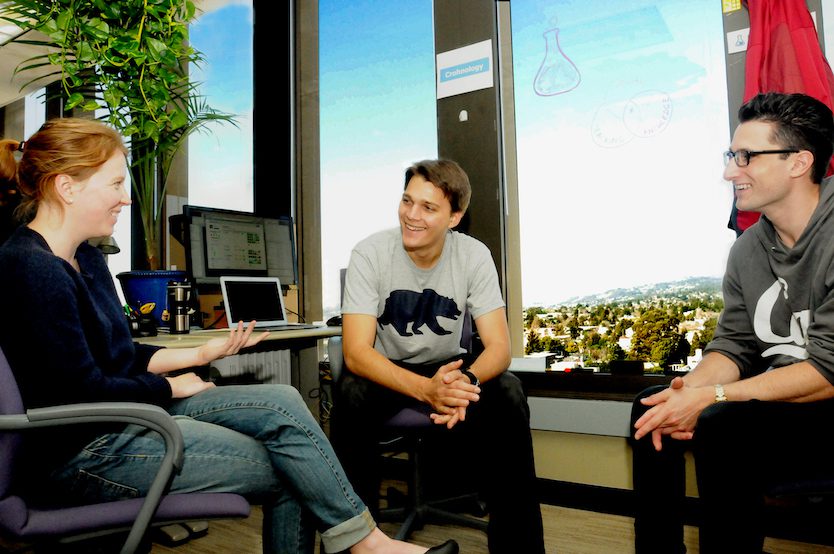
Haas students have been honing startup skills for years in programs like the UC Berkeley LAUNCH accelerator; SkyDeck, a partnership between the Haas School of Business founded in 2012 with the College of Engineering, and the Office of the Vice Chancellor for Research; and The Cleantech to Market accelerator program, which for 15 years has been pairing students with entrepreneurs to help bring promising climate tech innovations to market.
Visionary entrepreneurs
Over the years, Haas students and alumni have founded hundreds of companies as part of the UC Berkeley startup ecosystem. Among the school’s notable alumni entrepreneurs:
- John Hanke, MBA 96, CEO of Niantic Labs, was instrumental in creating Google Earth, Maps, and Street View, which brought sophisticated geospatial data visualization to the masses. Hanke then masterminded the wildly popular augmented reality Pokémon Go game.
- Paul Rice, MBA 96, founded Fair Trade USA, whose Fair Trade Certified seals signify products made according to fair trade standards.
- The late Priya Haji, MBA 03, co-founded Free at Last, a national program for substance abuse treatment and HIV/AIDS intervention; World of Good,a sustainable/fair trade product marketplace acquired by eBay in 2010, and served as CEO at SaveUp, a rewards game for saving money and reducing debt.
- Patrick Awuah, MBA 99, launched Ashesi University, Ghana’s first liberal arts college, in 2002, which pioneered a multidisciplinary core curriculum that challenged the dominant rote-learning culture in many African schools.
- Danae Ringelmann and Eric Schell, both MBA 08, co-founded Indiegogo with Slava Rubin, building a crowdfunding platform for all creative, cause, and entrepreneurial projects.
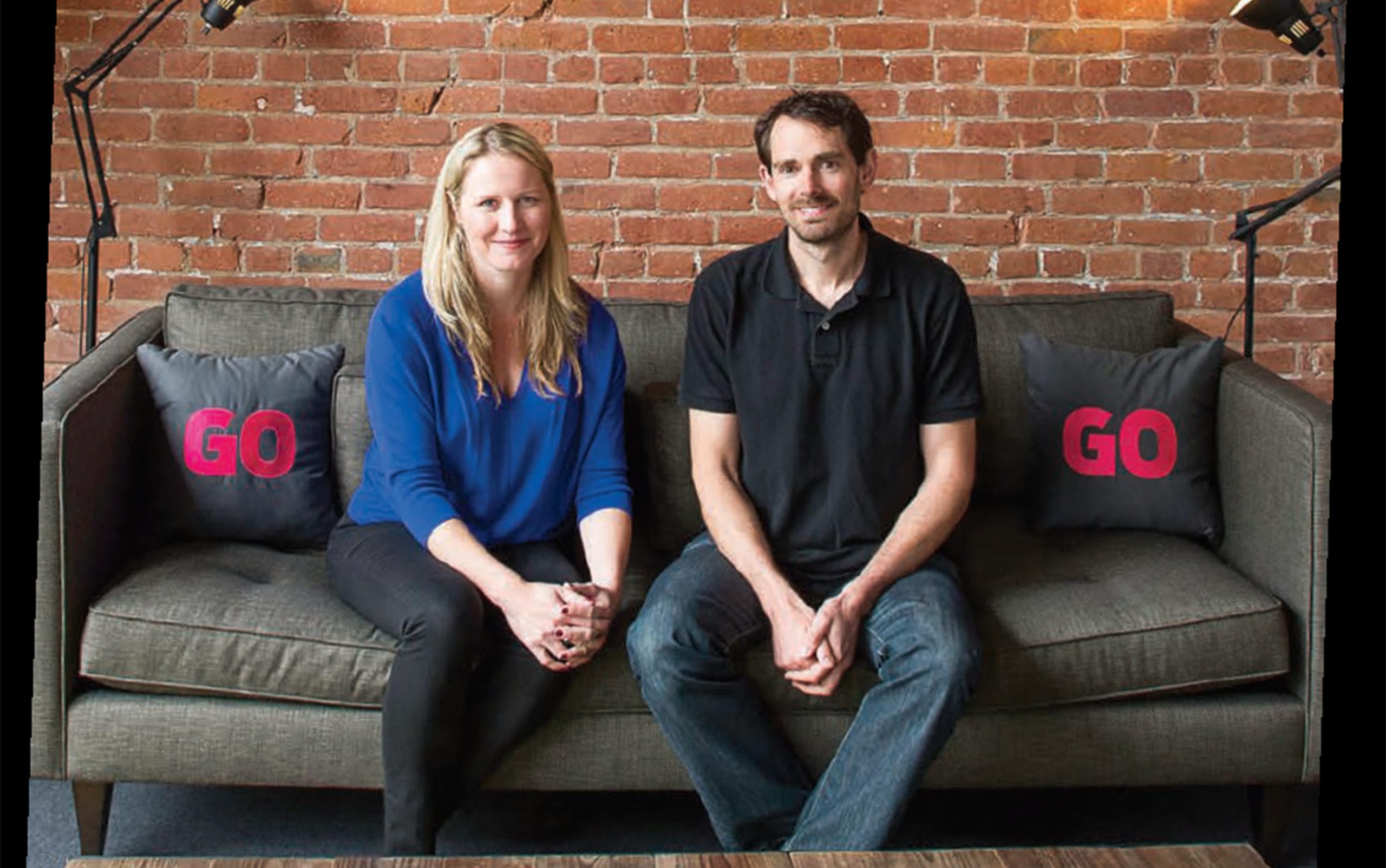
Danae Ringelmann and Eric Schell, MBA 08s, began working on Indiegogo, one of the world’s first crowdfunding platforms, while students at Haas and used their Haas connections to develop the company. Photo by Genevieve Shiffrar. - Nikhil Arora and Alejandro Velez, both BS 09, grew mushrooms from used coffee grounds in their Haas class, which led to their startup Back to the Roots—now a national brand with products sold in thousands of stores.
- Jason Bellet, BS 14, along with engineering alumni Connor Landgraf, BS 13, MEng 14 (bioengineering), and Tyler Crouch, BS 14 (mechanical engineering), founded Eko in 2013 and developed an FDA-cleared platform of AI-powered stethoscopes for early detection of cardiovascular disease.
Roots of social responsibility
The Haas tradition of educating leaders who prioritize the social impact of business dates back more than 100 years.
The school is named for Walter A. Haas, Sr., BS 1910, whose family at Levi Strauss & Company outfitted Western miners in a new kind of work pants that evolved into Levi’s iconic blue jeans. Haas Sr.’s views on social welfare and public affairs were influenced by the school’s first female instructor, Jessica Peixotto, and led him to grow this apparel manufacturer into one of the country’s largest socially responsible businesses. Later, as Levi’s CEO, he noted that the company “owes responsibility to the communities in which we do business.”
The company “owes responsibility to the communities in which we do business.” — Walter A. Haas, Sr., BS 1910
During the late 1950s, Earl F. Cheit, the future dean, ushered in the study of corporate social responsibility through research and teaching. Cheit organized the first national symposium on the subject in 1964, and Berkeley’s coursework became the model for other leading business schools with support from Professors Dow Votaw and Edwin Epstein.
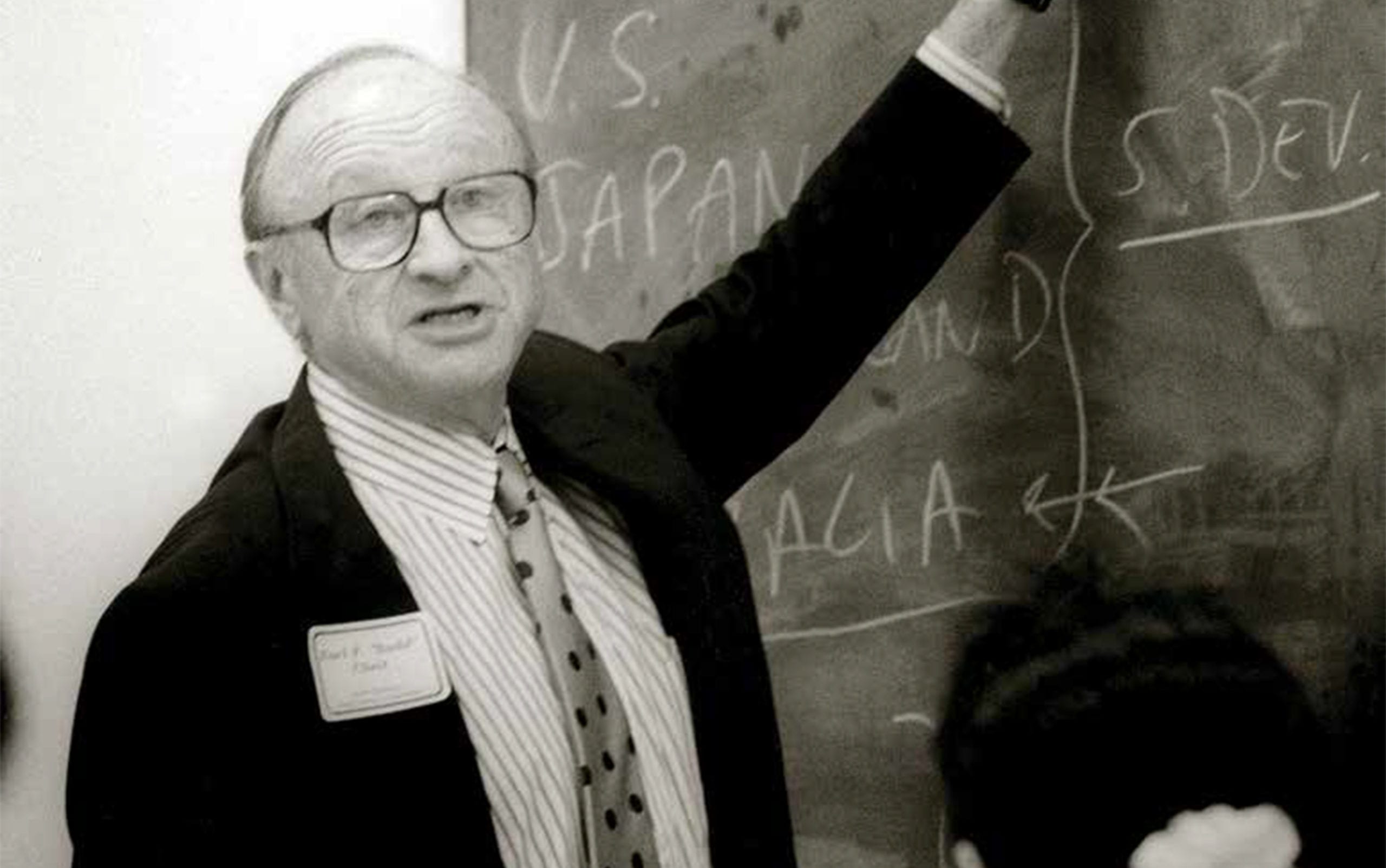
Decades later, The Center for Responsible Business in 2002, brought Haas into the modern corporate social responsibility and business sustainability movements. Six years later, The Financial Times named Haas number one in the world in this area.
Prioritizing inclusion
Socioeconomic mobility is core to both the UC Berkeley and Haas missions. Over the past six years, Haas has made substantive changes to increase diversity and representation, engender lifelong learning around equity and inclusion, and cultivate belonging.
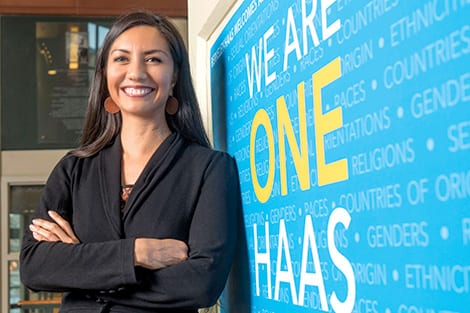
When Harrison joined as dean, she made Diversity Equity Justice and Belonging (DEIJB) a priority by meeting with student leaders; significantly increasing student support; modifying the core MBA curriculum to require a course on leading diverse teams; and diversifying the Haas faculty and Haas School Board.
Haas also appointed Chief DEI Officer Élida Bautista to oversee a six-person team focusing on admissions, community-related DEIJB issues, and, uniquely, faculty support.
Building on the Defining Leadership Principles, the school’s DEI Strategic Plan, first drafted in 2018 and updated in 2021, outlines aspirations for a learning environment where everyone belongs and everyone can thrive. The plan aims to equip all members of the Haas community to effectively lead diverse teams. (Research from Haas faculty and the work of the Center for Equity, Gender, and Leadership (EGAL) makes the business case that diversity on teams can drive performance.)
The Heart of What’s Next
Looking forward, Haas continues to build on its academic strength in undergraduate, graduate, and non-degree executive education offerings.
The school also continues to embrace new ideas. The COVID-19 pandemic accelerated the school’s foray to digital education, inspired by Berkeley Executive Education’s early adoption of virtual classroom teaching.
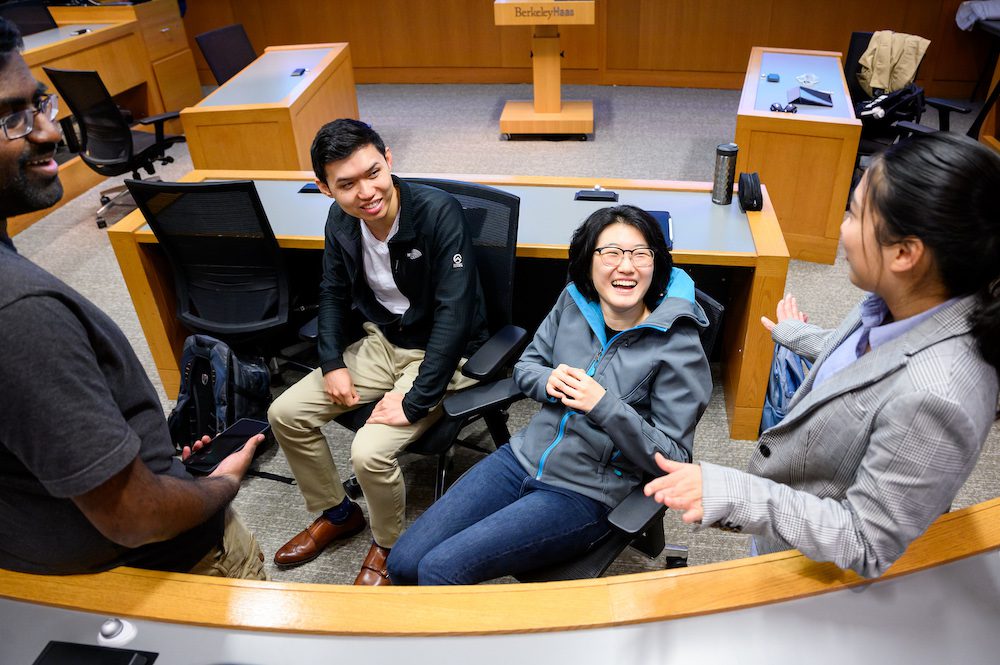
The virtual classrooms now anchor the Flex MBA program,—now in its second year—which combines academic courses in a live online environment with the option to come to campus for electives. At the undergraduate level, the school’s two-year program is expanding to become the four-year Spieker Undergraduate Program. The first four-year cohort will enroll in August of 2024.
Stepping up to address the severity of climate change, Haas created the Office of Sustainability and Climate Change to support teaching and research across agriculture, real estate, energy, finance, and corporate sectors. The school’s investment in sustainability includes the greenest academic building in the U.S., Chou Hall, having earned TRUE Zero Waste certification at the highest possible level along with a LEED Platinum certification for its energy efficient design and operation. Plans are now underway to launch a joint MBA/master’s in climate solutions degree with Berkeley’s Rausser College of Natural Resources.
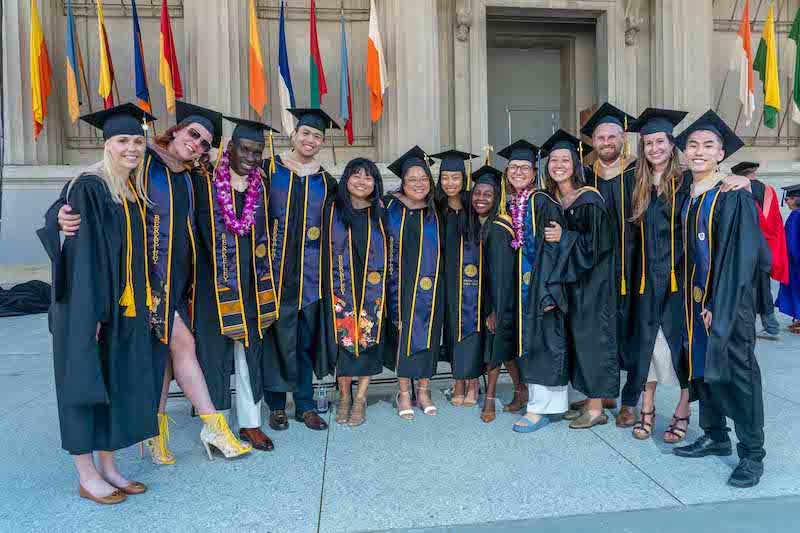
Many of the school’s advancements have been made possible through the support of its loyal alumni, who continue to make Haas stronger through their engagement as teachers, mentors, employers, partners, and donors to the school.
Harrison said she is looking forward to celebrating the school’s many milestones and to what the future will bring, noting, “We look back with pride, but we move forward to have impact.”
Watch for more details about the anniversary in the forthcoming summer issue of the Berkeley Haas Magazine or read more Haas history on the website.
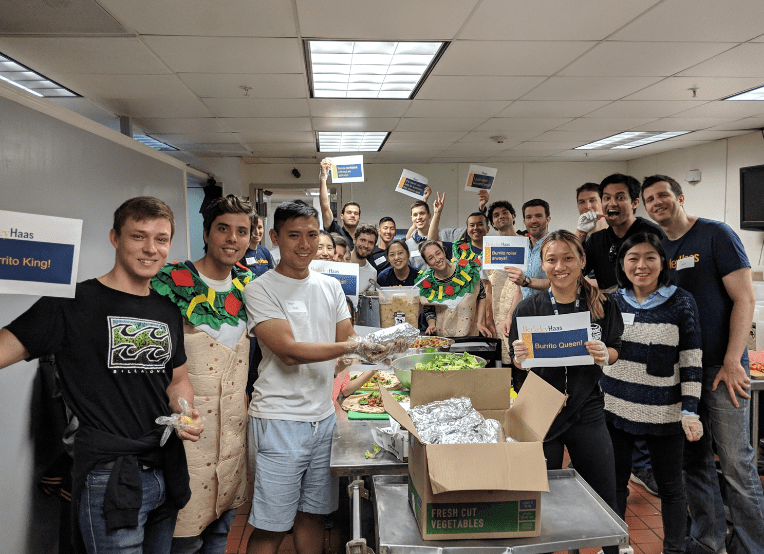
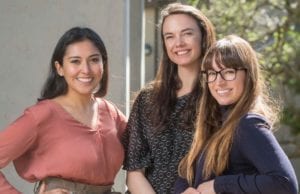
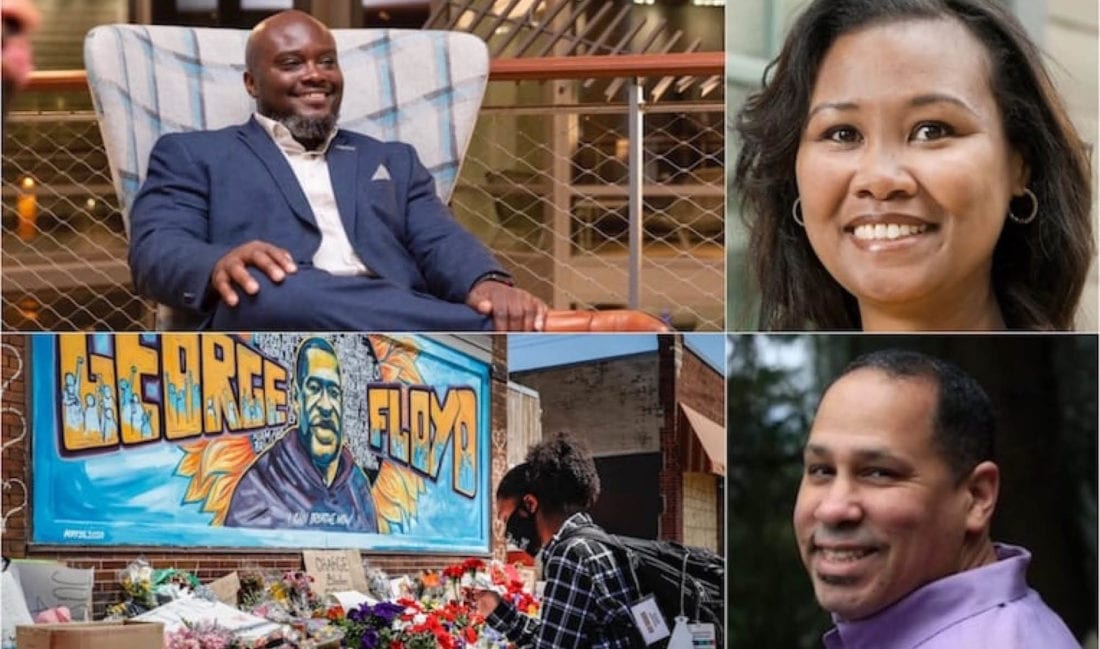
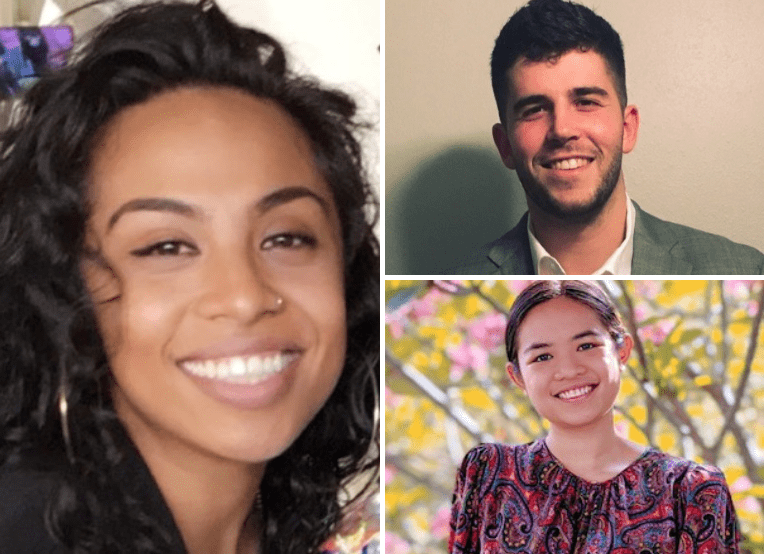
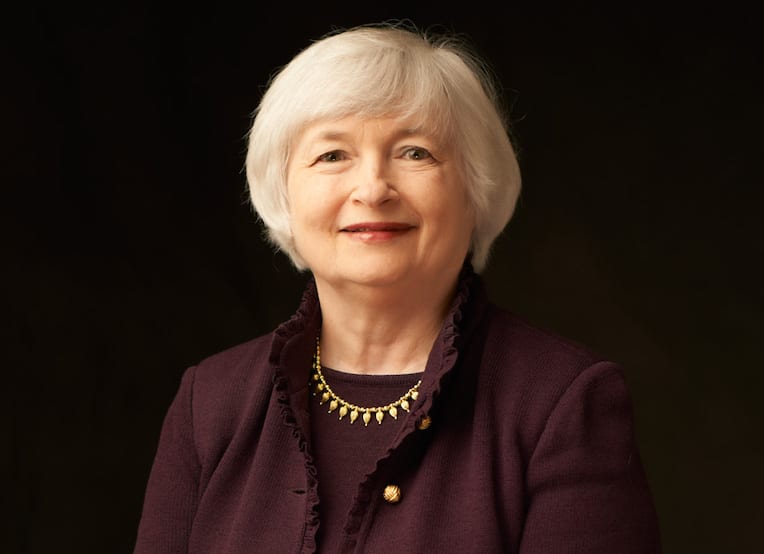
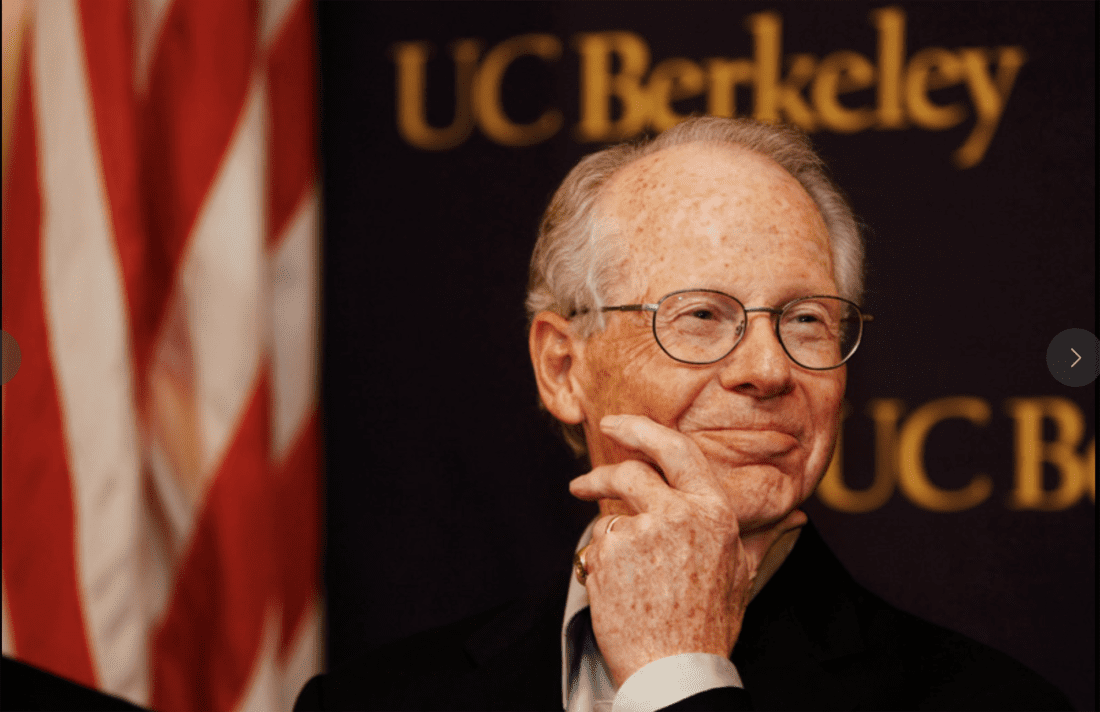
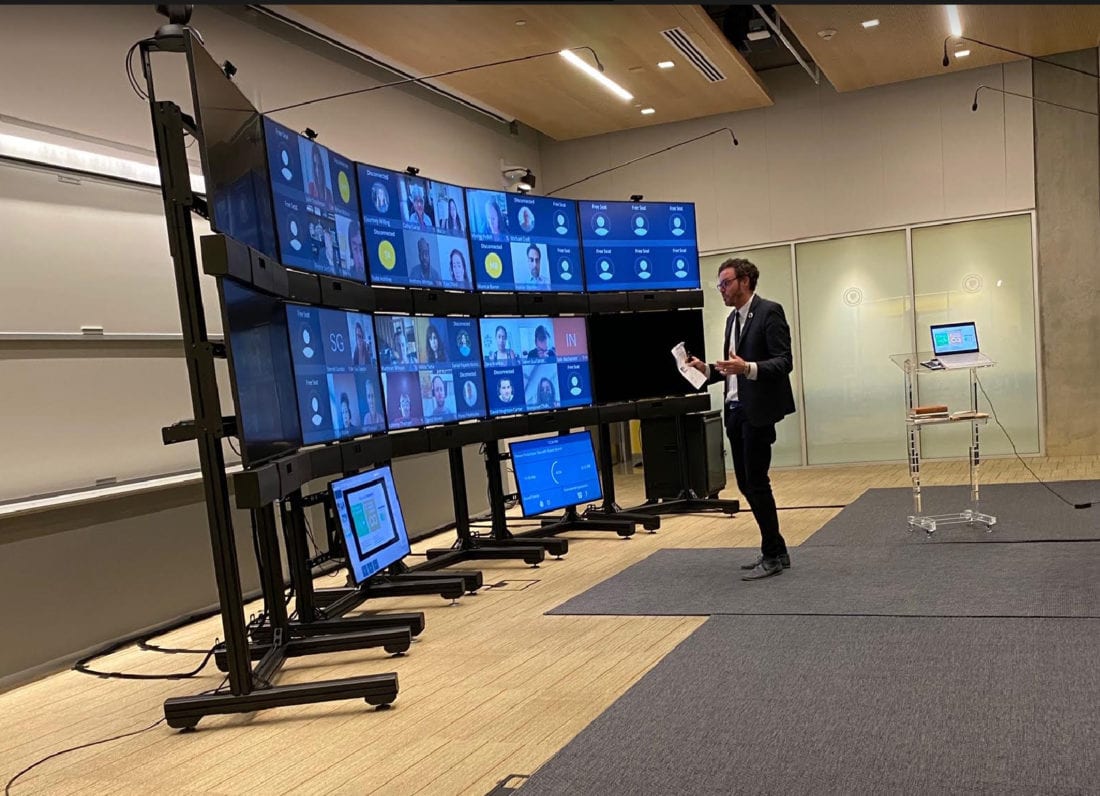
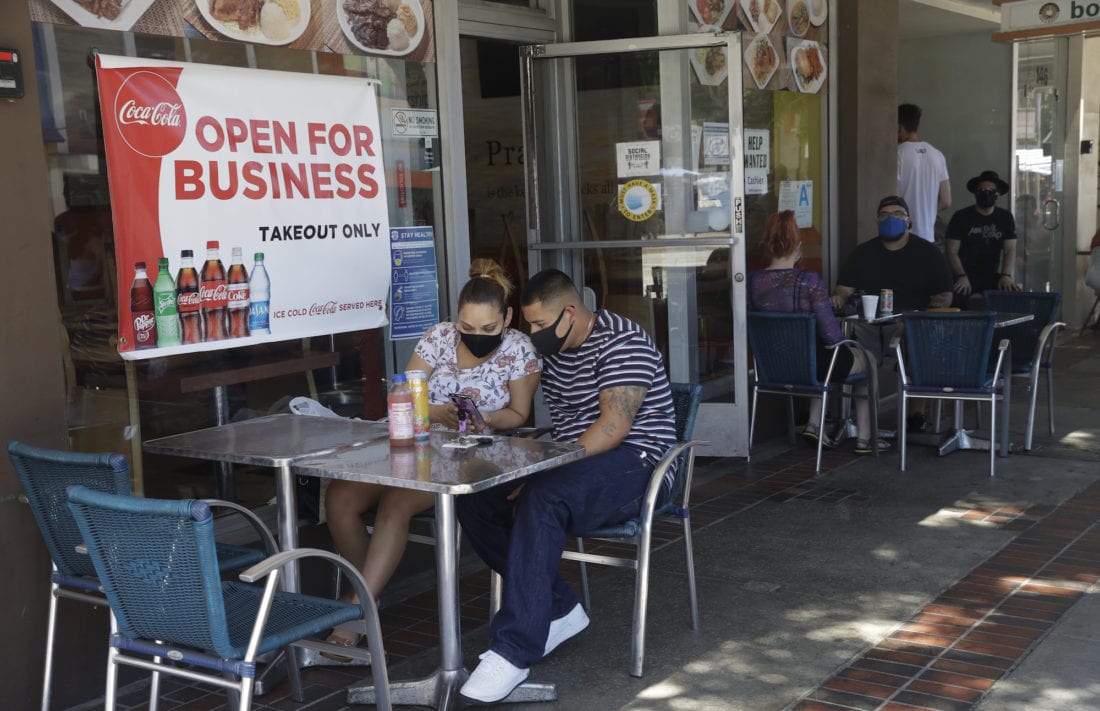
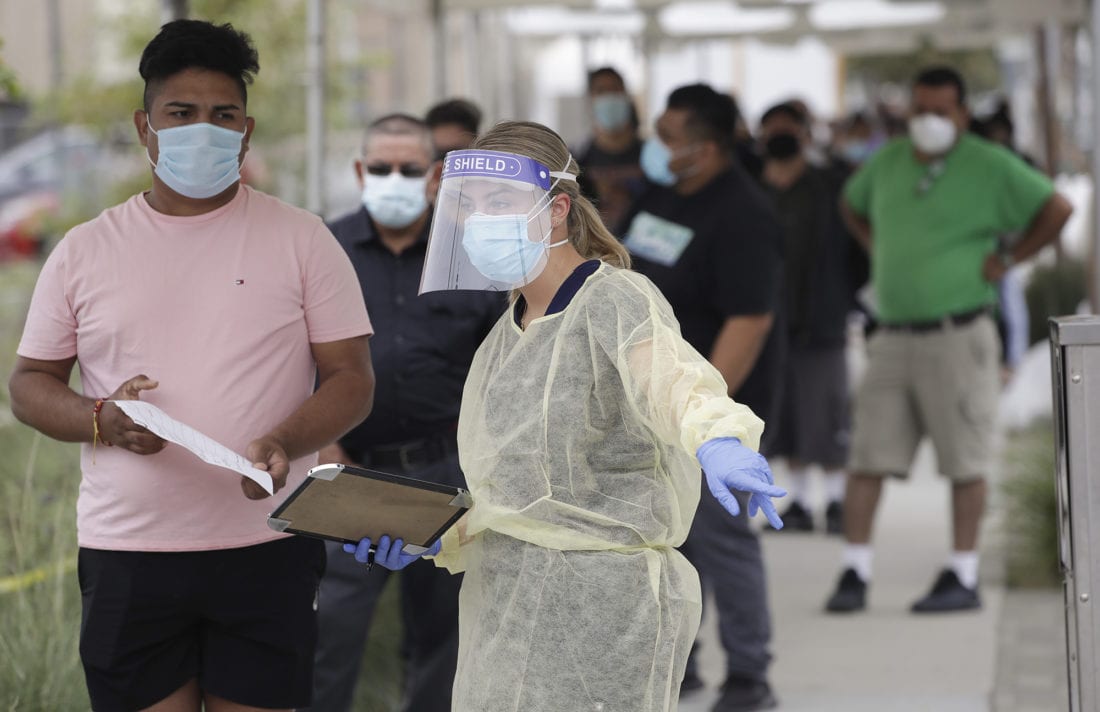


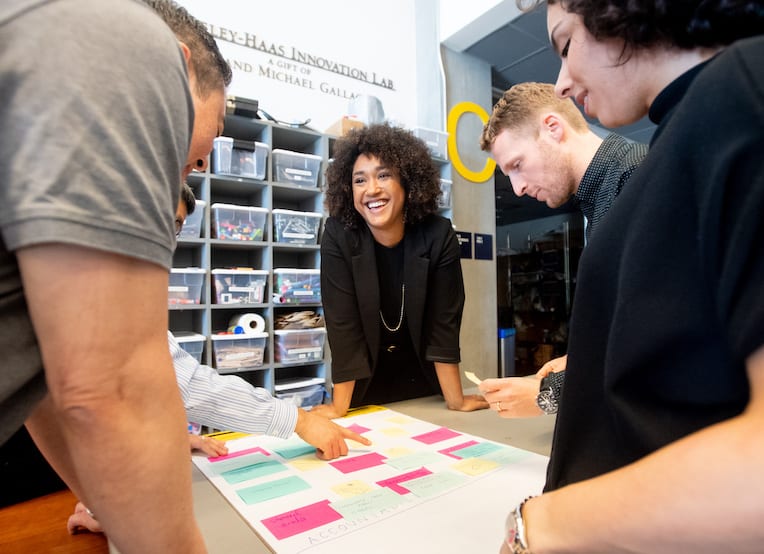
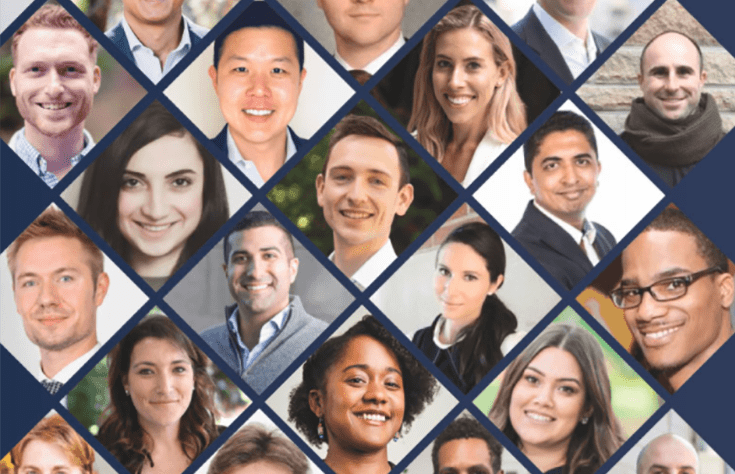
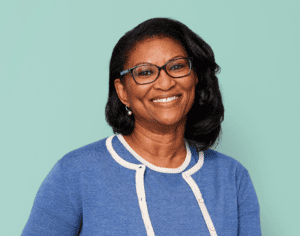
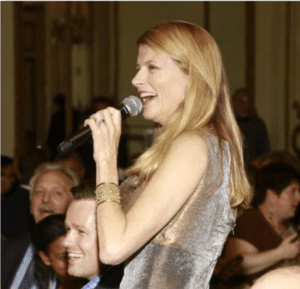
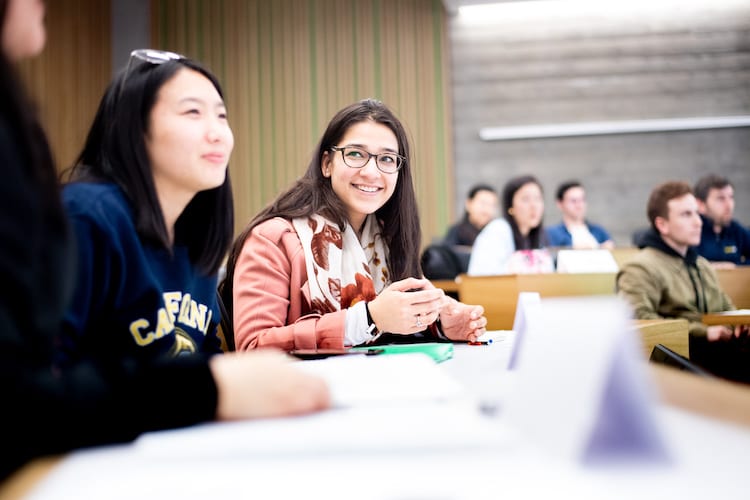
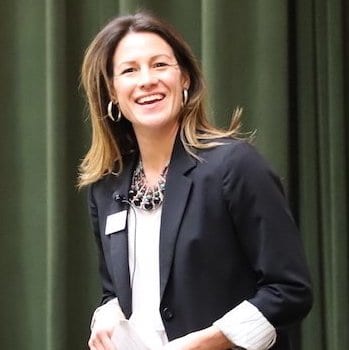
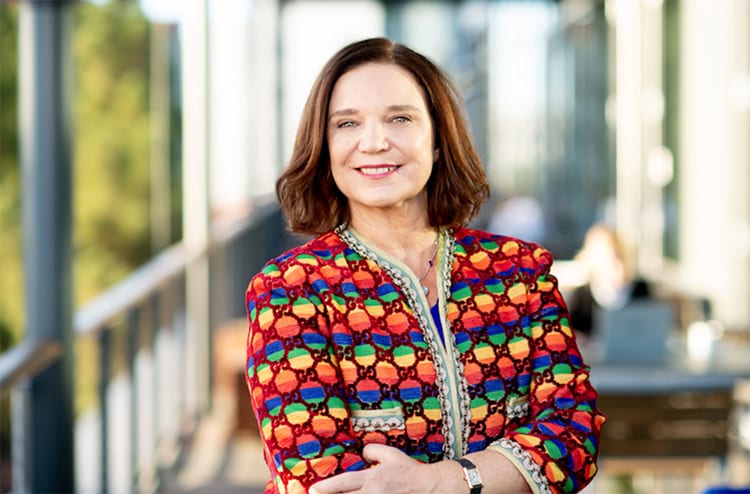

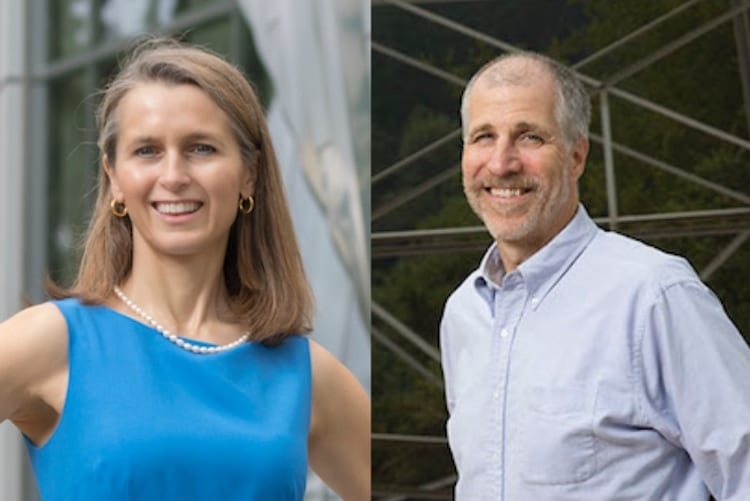
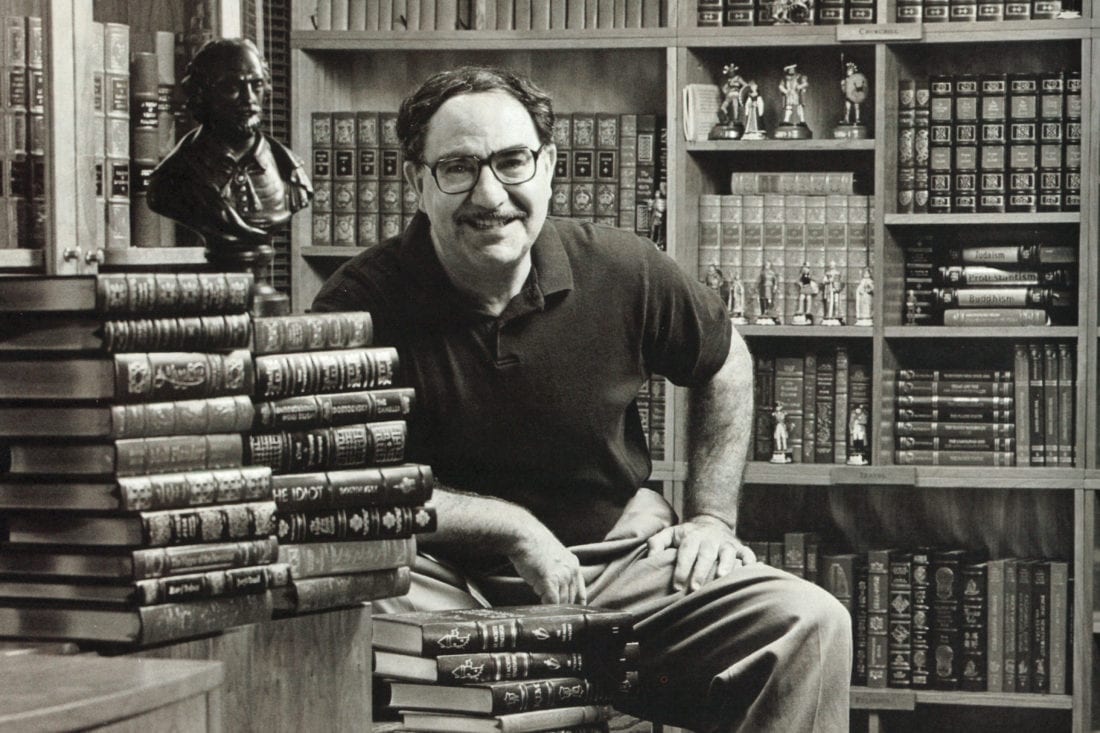
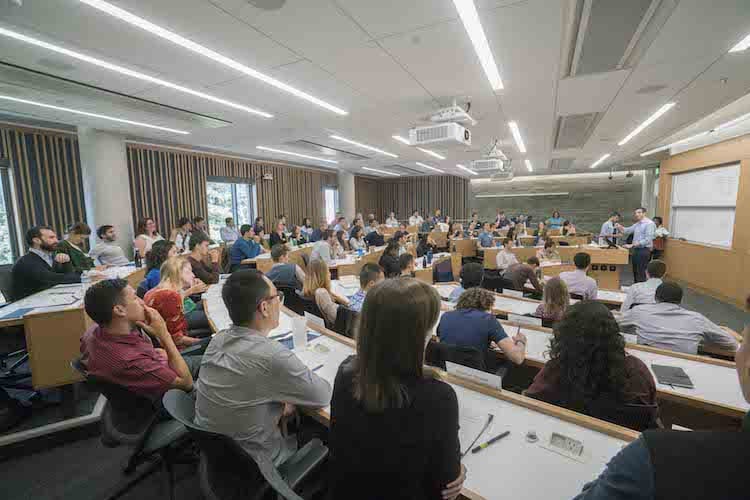

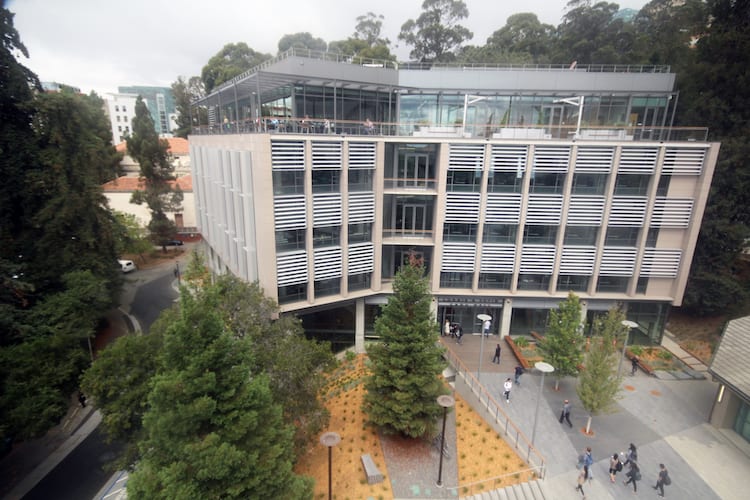
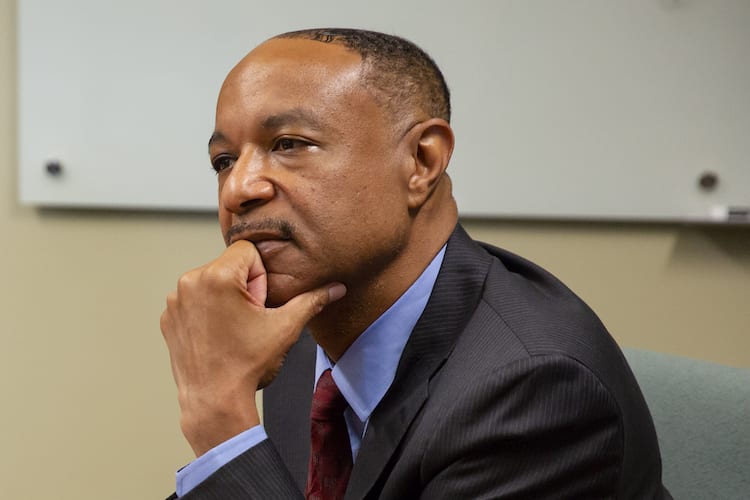
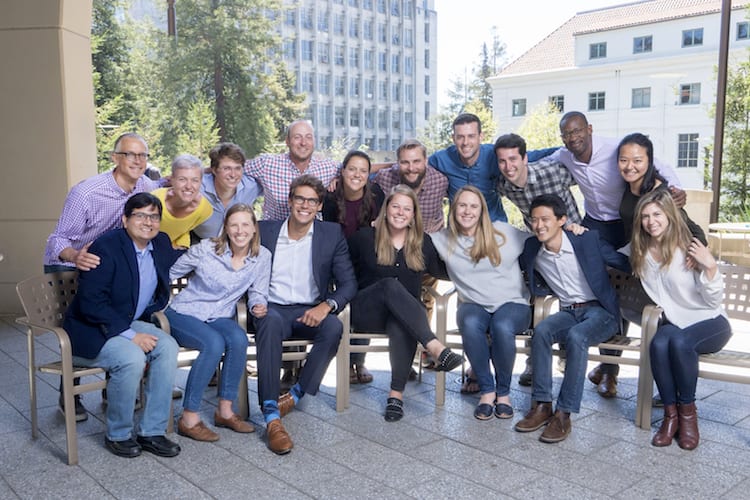
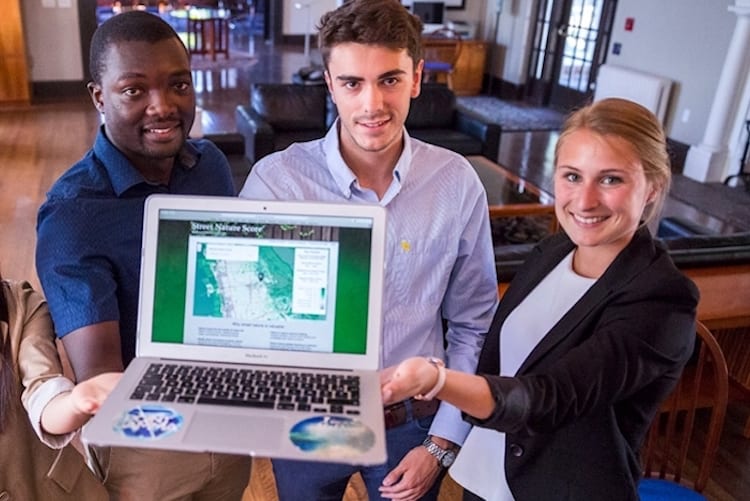
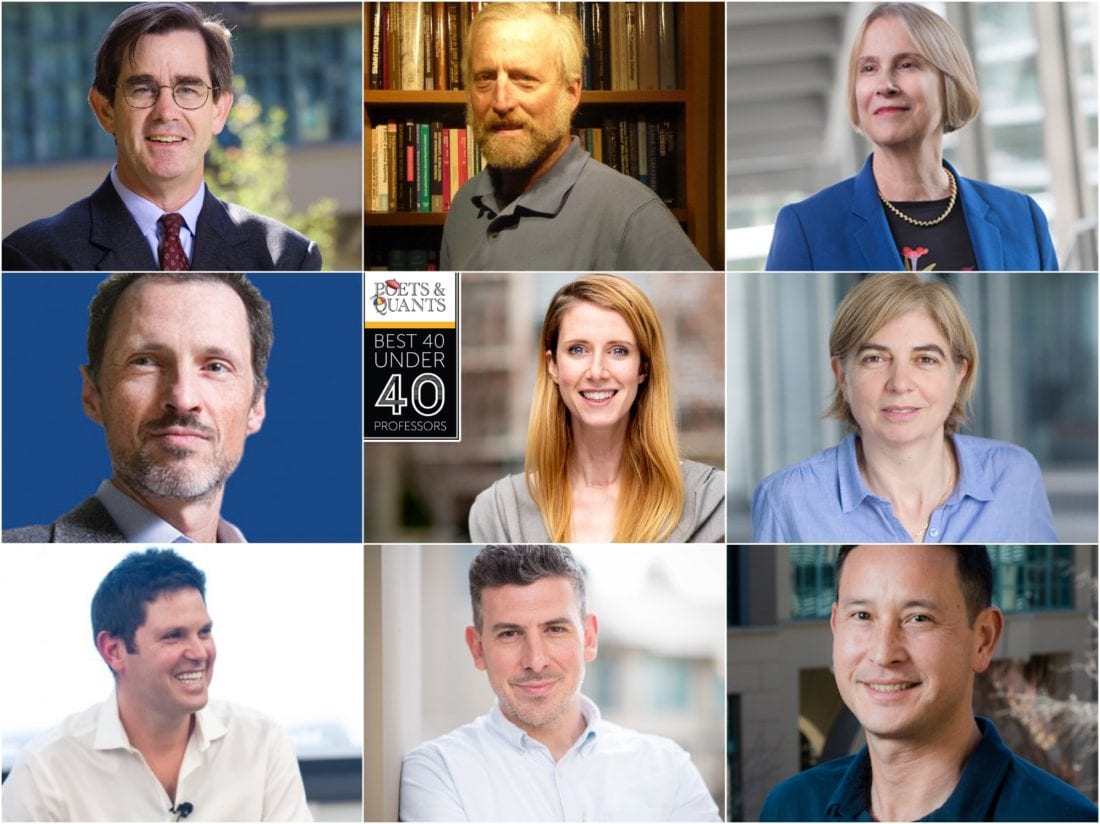

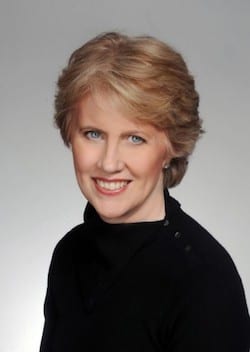
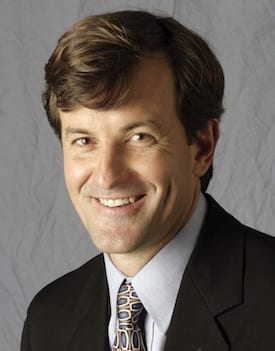
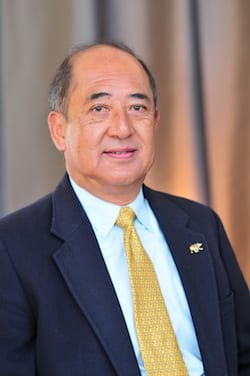
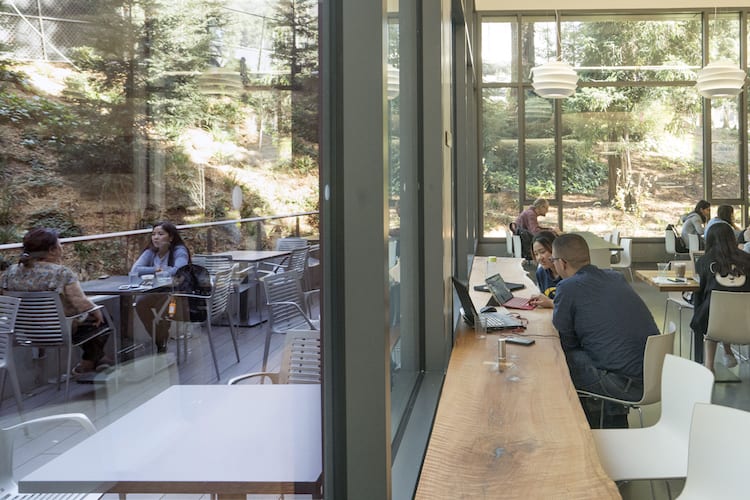
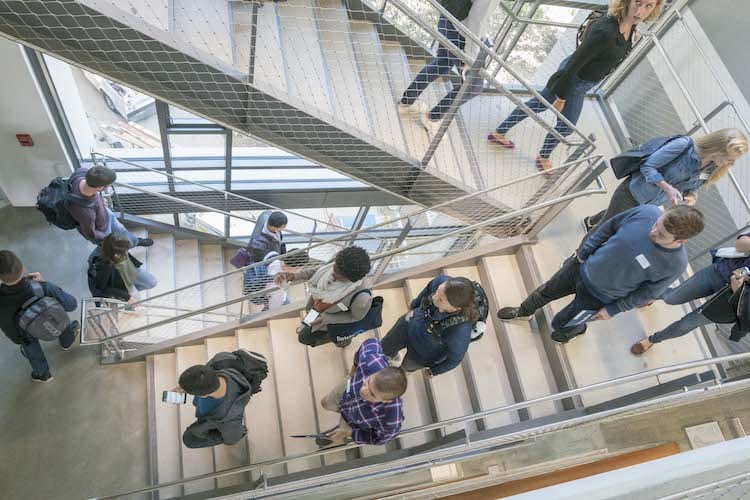
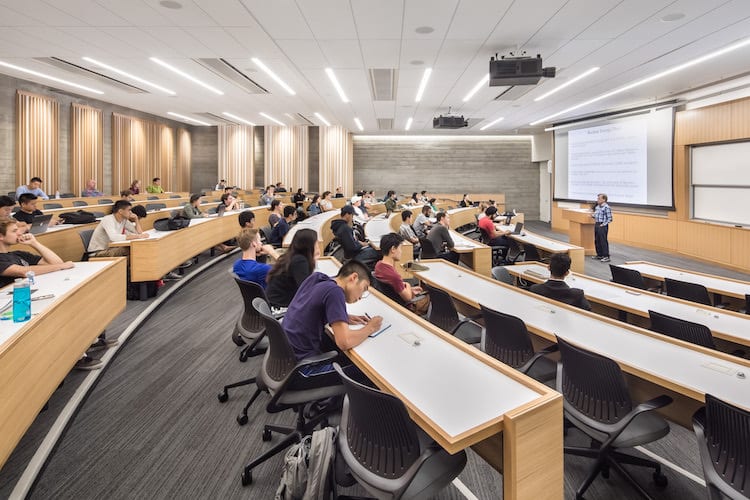

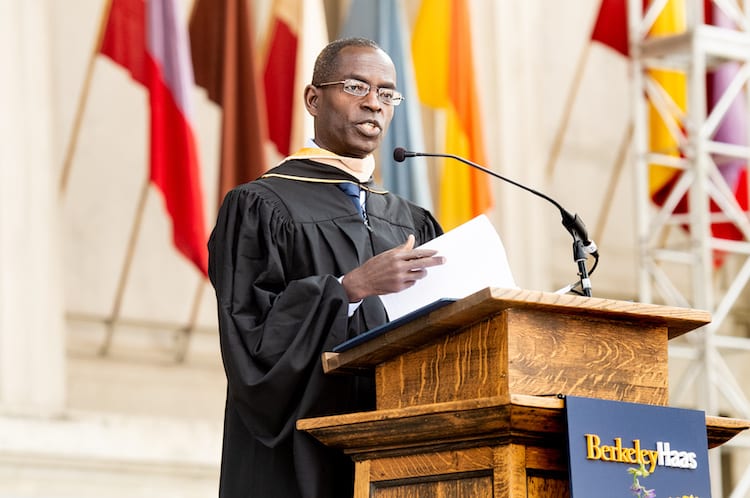
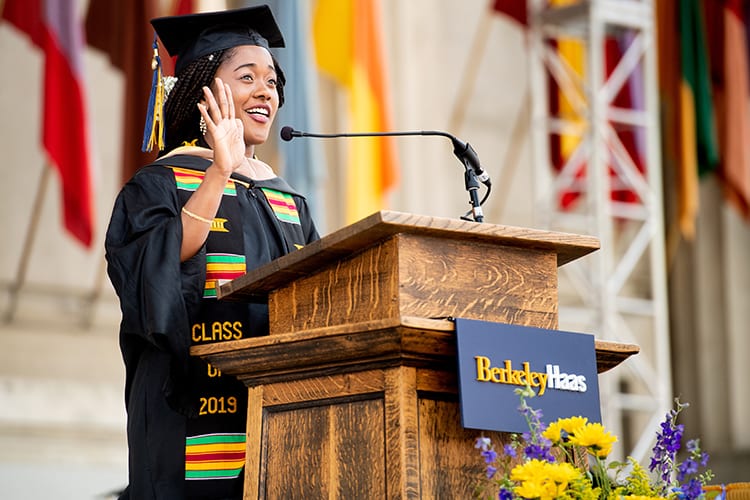
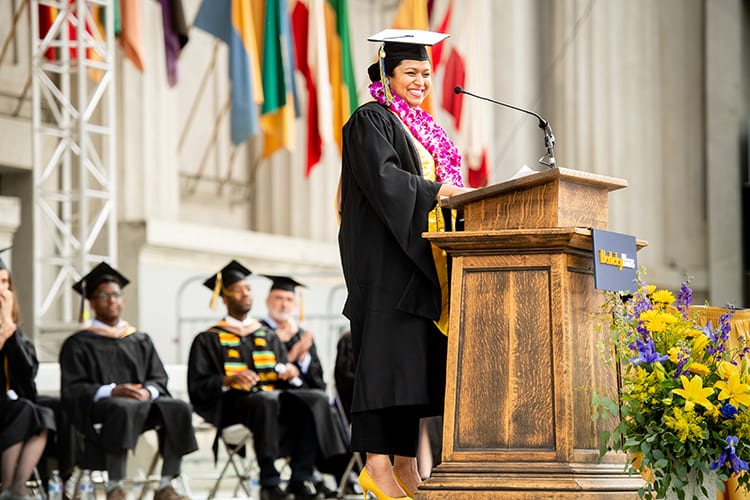
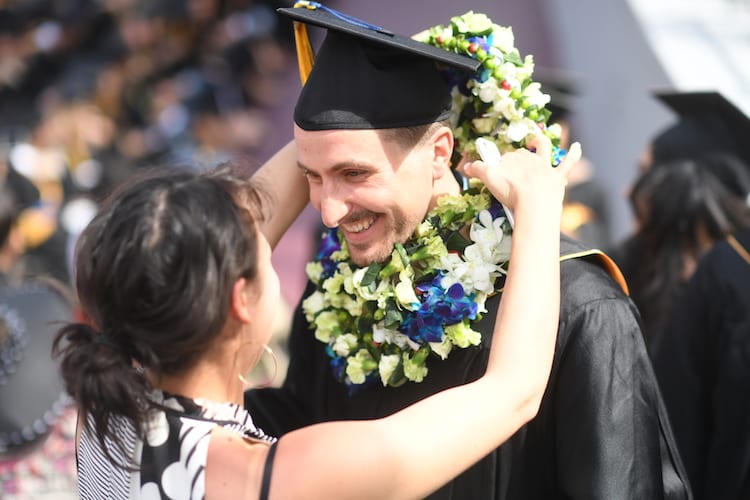
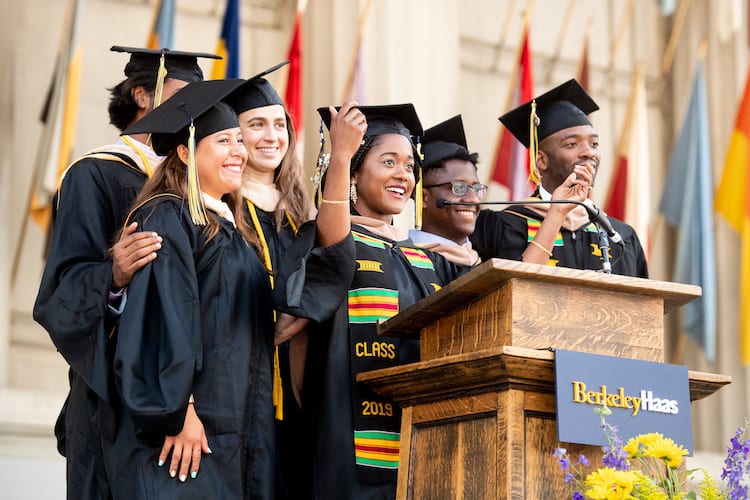
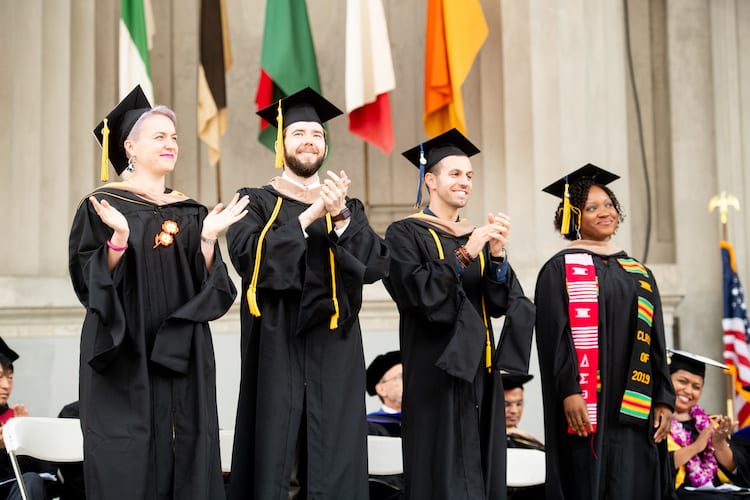
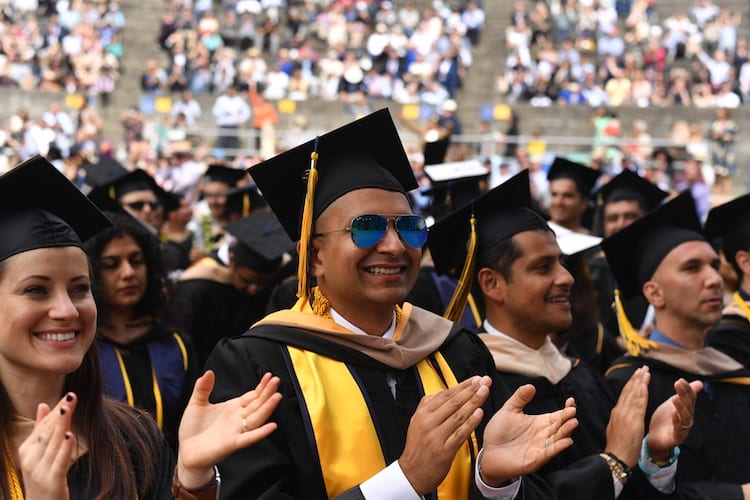
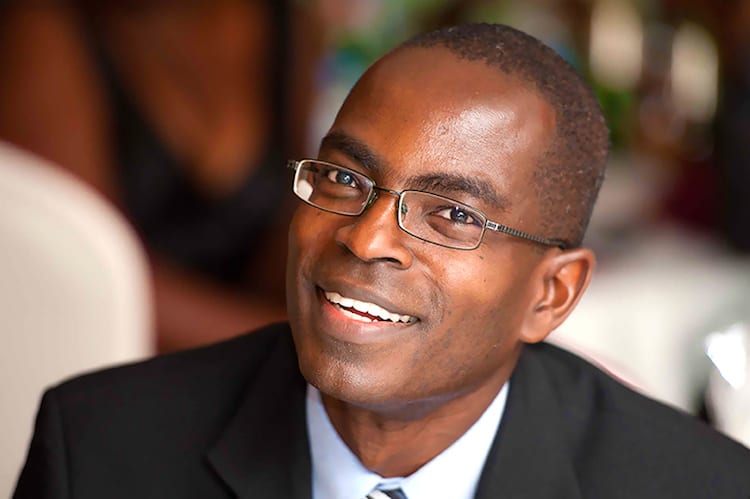 Education pioneer Patrick Awuah, MBA 99, founder of Ghana’s Ashesi University, will be welcomed back to campus this week as the 2019 MBA commencement speaker.
Education pioneer Patrick Awuah, MBA 99, founder of Ghana’s Ashesi University, will be welcomed back to campus this week as the 2019 MBA commencement speaker.